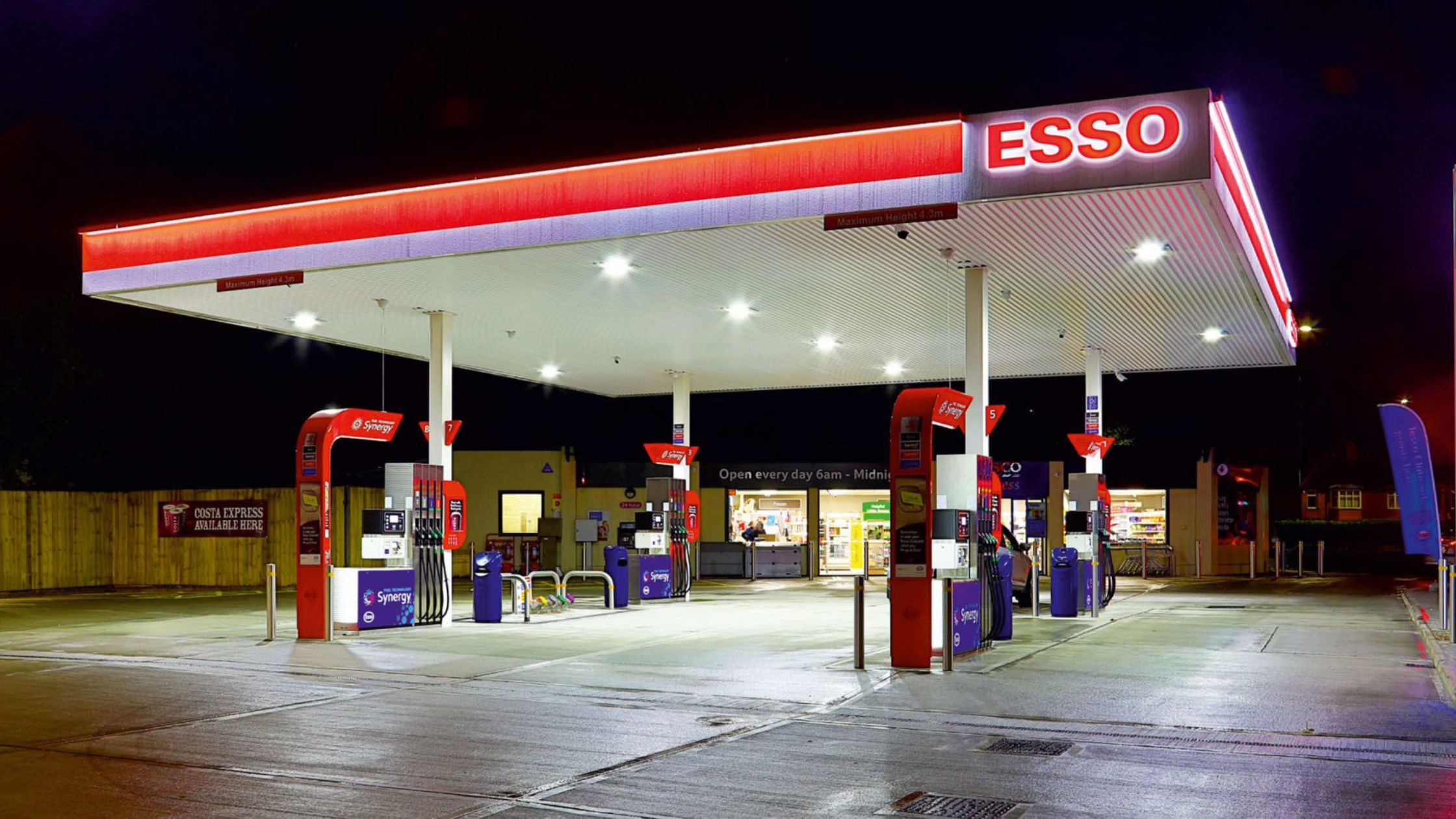Esso has launched a new renewable diesel in the UK. Not always known for its commitment to renewable energy, Esso claims it is the first to be launched in the UK. The Esso website claims it has been launched because “we understand that you want help to reduce the impact of driving your car. And globally, we have exciting plans to increase the amount of lower-emission fuels we offer. So now we’re launching Esso Supreme 25% Renewable Diesel, with 15% lower life cycle GHG emissions than our regular diesel.”
Patrick Rutherford, Esso UK retail sales manager, said Esso was excited to bring the Esso Supreme 25% Renewable Diesel trial to UK drivers. He explained that focus groups had revealed an increasing appetite for fuel products with greener credentials: ”This pilot allows us to deliver an actual choice rather than a hypothetical choice. The additive structure is the same as our standard premium diesel, so it has the same protection for the engine. The affordability of the transition to green energy isn’t open to everyone. This is a ’drop-in’ fuel that allows a consumer to fill up with no risk to interchangeability on their vehicle because it meets the required fuel standards. The infrastructure is there to deliver greener fuels in a way that gives another choice…(Esso Supreme 25% Renewable Diesel) gives them something now. It has all the great advantages that our customers have come to expect from high-quality Esso fuels, but with the added benefit of being an immediate, lower-carbon-intensive choice.”

What is Esso Supreme 25% Renewable Diesel
Esso Supreme 25% Renewable Diesel is made with a minimum of 25% premium renewable hydrotreated vegetable oil (HVO) derived from RTFO(4) compliant wastes and residues – in this case, used cooking oil. The fuel has 15% lower life cycle greenhouse gas emissions (GHG) than Esso’s regular Synergy Diesel. For every 50 litres of Esso Supreme 25% Renewable Diesel used, Esso states that there is an average of 25kg saving in lifecycle GHG emissions.
In launching the trial, Esso stated that the average UK diesel car driver travels 9,400 miles per year; if they were to switch to Esso Supreme 25% Renewable Diesel, the annual saving in lifecycle GHG emissions would be equivalent to the emissions generated by two round trips from London to Edinburgh.
Details of the sites participating in the trial can be found on Esso’s site locator, www.esso.co.uk/en-gb/find-station.
Esso’s parent company, ExxonMobil, plans to invest more than $15 billion by 2027 on initiatives to lower greenhouse gas emissions. Globally, Esso intends to provide more than 40,000 barrels per day of lower-emissions fuels by 2025 and has a further goal of 200,000 barrels per day by 2030. It believes achieving this goal will help society reduce more than 25 million metric tons of CO₂ emissions from the transportation sector.
Shame they are not honest enough to tell us the price hike. If it was cheaper they would be shouting from the roof tops by now!